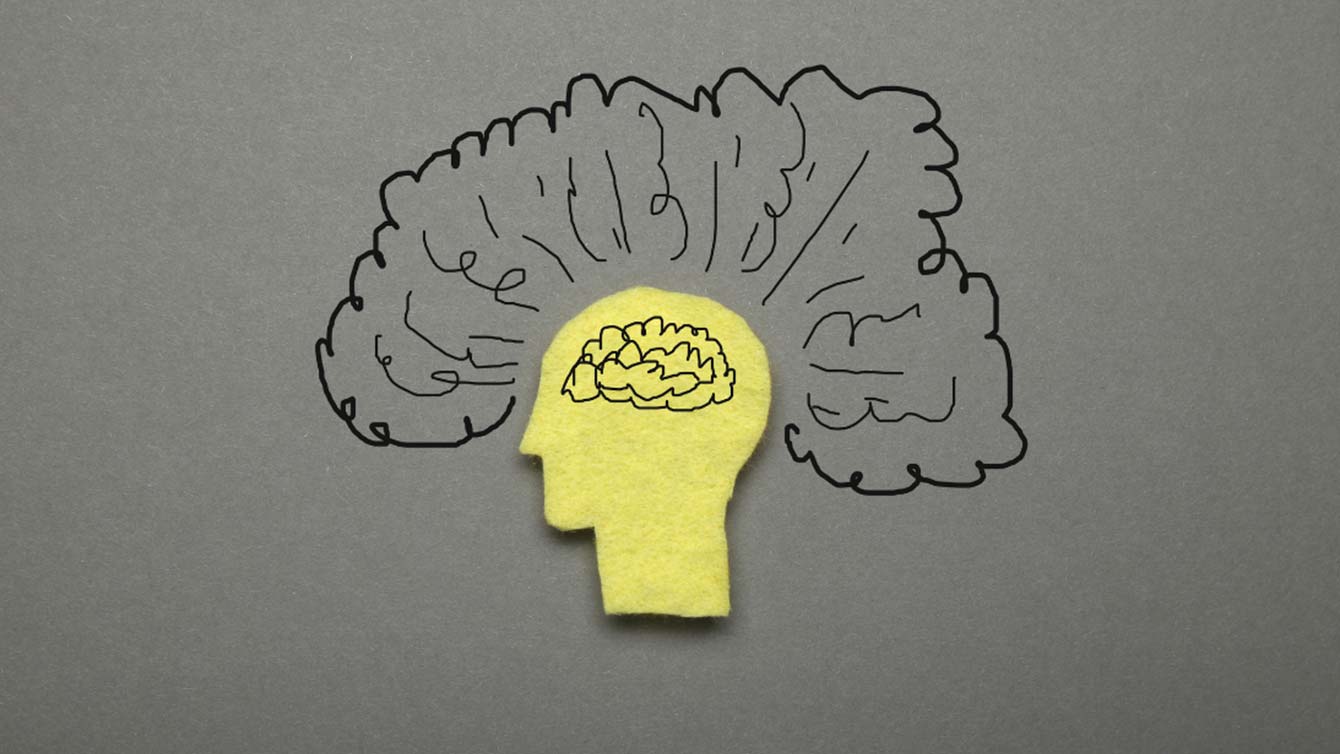There are many things that can cause feelings of anxiety. Leaving home, the loss of a loved one, even dealing with the global repercussions of the COVID-19 pandemic can make you feel anxious, stressed, and sad. The bad news is that we have no control over these things happening. The good news is that there are plenty of ways that can help you manage these negative emotions. Here are a few suggestions:
Talk to Someone
Bottling up your feelings is never a good idea. Instead, speak to someone you trust wholeheartedly like your best friend or a family member. You may also want to talk to a spiritual life coach, who can help you face your fears and release your pent-up emotions. Having someone to talk to can help unburden your heart and prevent an emotional overload.
The key thing about talking to someone about your emotions is being honest. Let everything out (but don’t lash out). You should also be straightforward right at the beginning if you’re looking for advice or if you simply want a listening ear. This way, you won’t receive opinions if you don’t want them at that moment.
Acknowledge the Negative Emotions
Sometimes, one of your first responses to negative emotions is to hide or avoid them. However, doing these things doesn’t make these feelings go away. All you’re doing is to postpone your true reactions to these emotions, which can make things worse when you finally let them out.
The only way you can process what you’re feeling, and thus move on from them, is to acknowledge and allow yourself to feel them. Don’t think about being overwhelmed. In fact, this is normal. What’s more important is that you don’t wallow in what ifs and the should have, could have, would haves. Face your emotions head-on so that you can overcome them. Remember, too, that you don’t have to do it alone! You can ask for help from people you trust or even a professional.
Exercise
Anxiety and other negative emotions don’t just affect your brain and your feelings. They also affect your entire body, which includes your physical health. At the same time, being at peak physical health helps keep your mind in good condition. This allows you to process your emotions in a more positive manner. Exercising also releases endorphins, which are hormones that can trigger happy, positive feelings.
The average adult requires about 2 to 5 hours of moderate exercise per week. Set aside 30 minutes per day (you can do it in three 10-minute bursts) to perform even simple aerobic exercises. You’ll be surprised at how easier you’ll find it to process all your emotions! As a bonus, you’ll also look better and thus feel more confident about yourself.
Don’t Waste Your Time on Toxic People
One of the biggest contributors to the way you feel and process your emotions is the people you choose to surround you. If you spend time with toxic people, those who don’t support you and don’t have your best interests at heart, then you’ll feel worse. After interacting with them, you’ll feel drained and even more stressed.
Choose to spend time with people who listen to you instead; those people who won’t demand anything from you or judge you for feeling the way you do. Extend this to your online interactions as well. Don’t engage with trolls and other negative people, particularly if you spend a lot of time on the internet.
Meditate and Get Enough Sleep
Meditation can help you process negative emotions in two ways. First, it can help make you feel more calm and focused. As a result, you’ll feel more relaxed. Second, it can help limit negative thoughts and emotions. In the end, it’s all about balance. You’re not running away from your emotions but instead making a conscious effort to replace the negative feelings with calmness.
On the other hand, getting enough sleep can help replenish your brain cells and repair the damage caused by stress. With a healthy brain, you can better process what you’re feeling. Work towards getting seven to eight hours of sleep each night to help maintain a healthy mental and emotional state.
Don’t Rush Things
Remember that there’s no deadline to dealing with anxiety and other emotions. Everyone feels things in different ways, so it’s only logical that you everyone also heals and moves on in different ways. Don’t compare your journey to others.
In addition, remember that recovery is not linear. It’s okay to feel sad or anxious again after you feel like you’ve already moved on. The key is to continue to deal with these emotions in positive ways.
When you’re feeling sad and anxious, it’s easy to feel like you won’t feel happy again. When you do, just remember that nothing is permanent. Change is the only constant in life and pretty soon, the situation will change. In the meantime, try these tips to help you cope and manage your emotions to bring yourself some measure of relief.
If you would like help with your anxiety, then book a FREE DISCOVERY SESSION.












